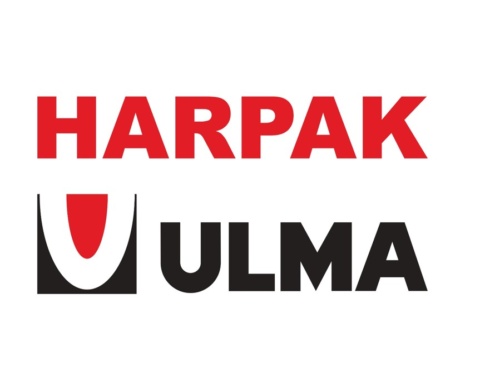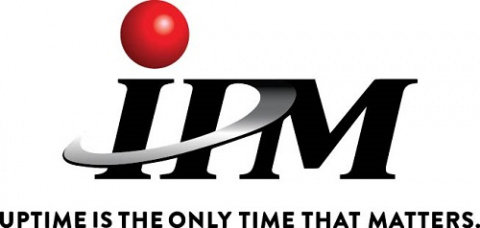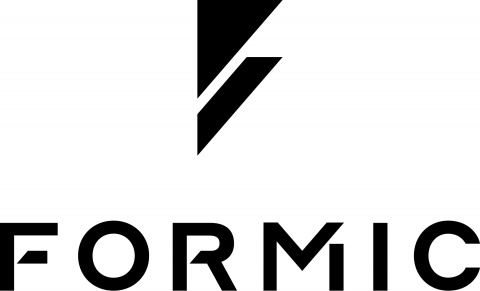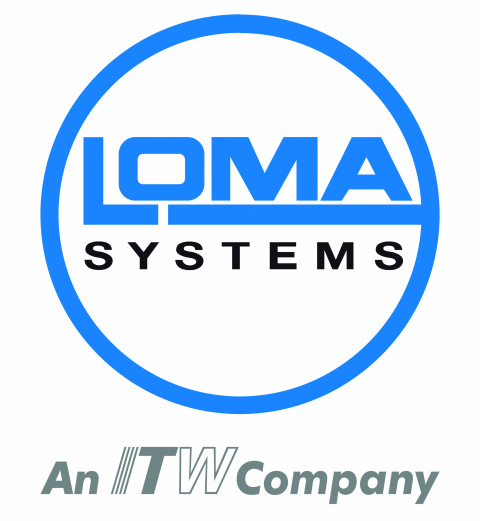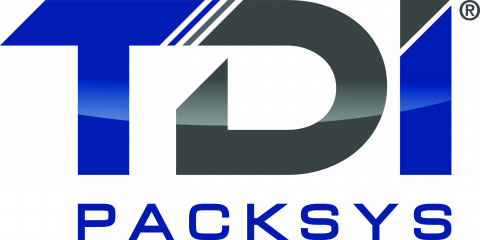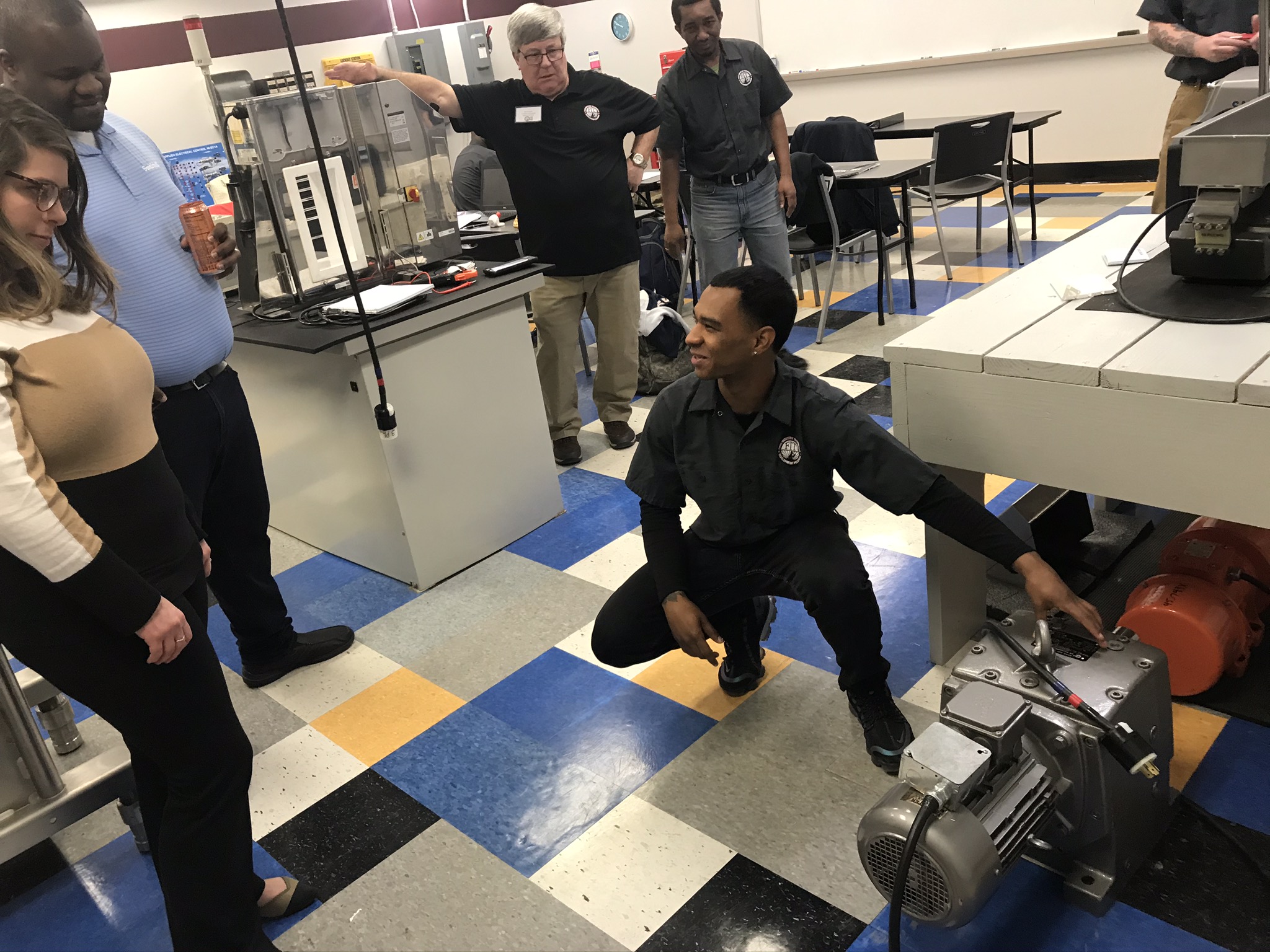
Workforce Solutions
According to RSM study What’s Driving the Middle Market Talent Gap, by 2030 there will be a global talent shortage of more than 85 million people with demand for skilled workers far exceeding the supply. While this statistic covers all industries, any of us working in the food industry know that this well applies to our industry. In fact, I would argue that the food industry is feeling this more acutely than most, given that we are not the “sexy” destination for Gen-Z workers just starting their careers.
Now, according to the US Chamber of Commerce, this has to do with a lot more than just the younger generation of workers. As we all know, the COVID pandemic hit our businesses like a bucket of ice water with many workers choosing to retire or otherwise withdraw from the workforce. According to the Chamber, the number of workers 55 and older who retired grew from 48.1% in Q3 of 2019, to 20.3% in Q3 2021. According to this study, that’s 3 million adults that opted for early retirement.
Add to that the fact that net migration is at its lowest level in decades (providing fewer workers); remote learning forced many households to have a parent at home; and that between unemployment benefits and stimulus checks, many jobs simply no longer had the draw that they used to. One area that this industry felt this was among service technicians. Whether it be among the OEMs that send technicians to service equipment in their customer’s plant, or among the end users of the equipment themselves, skilled workers that keep production lines running have been retiring in large numbers with not enough young workers in the pipeline to take their place.
Luckily, aside from a global pandemic, FPSA saw this coming years ago when it created the Food Industry Technician (FIT) Program. Launched in 2017, FIT developed a hands-on curriculum with input from equipment manufacturers and their customer base to provide promising talent with a clear understanding of the opportunities and the challenges of working as a service technician in this industry. Successful students from Lincoln Tech’s Electrical Electronic Technical Services (EEST) program, or HVAC that apply to the FIT Program, are interviewed to help the student understand the unique demands of these positions, while also allowing FIT administration to gauge if the candidate is a good fit for a career in this field. Additionally, with each graduating class, FIT faculty and leadership assess results and make modifications to the program based on lessons learned. After several years, our leadership has fine tuned the program to ensure that each graduate is best prepared to join an employer. This has clearly worked given the high rate of jobs offered to our graduates.
As a result of this success and the continued urgent need for new service techs, leadership is looking to expand the FIT Program to include other campuses, and adjustments to the program that might work even better for potential employers. Anyone interested in learning more about the program and perhaps sitting down with FIT Executive Director David Seckman, should consider attending Process Expo where he will be on the educational program to talk about the success of FIT and how OEMs and food manufacturers can take advantage.
As I’ve said to many FPSA members, we saw this demographic pinch coming years ago. That said, the pandemic really opened everyone’s eyes to it. It took us years to get into this workforce shortage situation, just like it will take us time to truly address it. However, with a program like FIT that is growing by leaps and bounds, we’re positioned to supply this talent for years to come.
Andy Drennan, FPSA SVP



